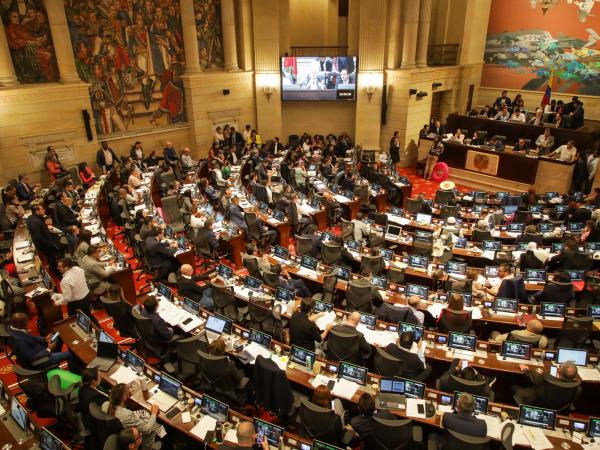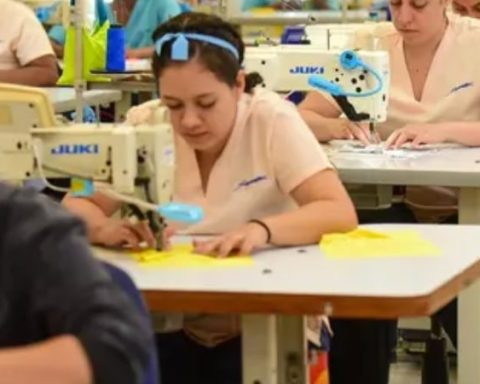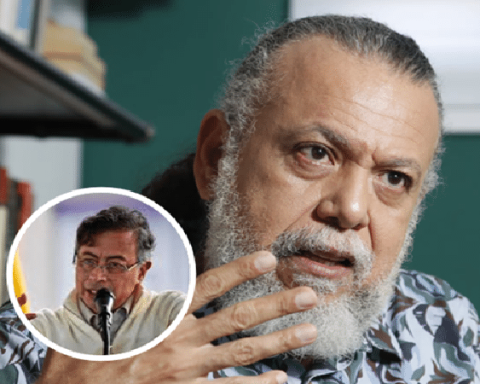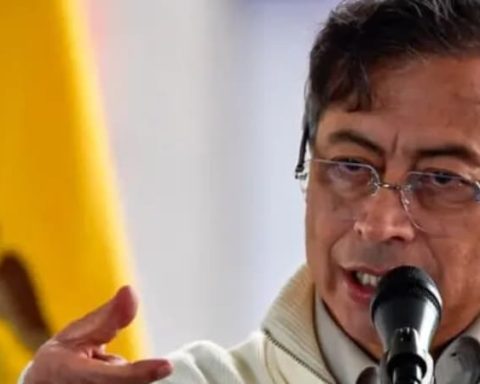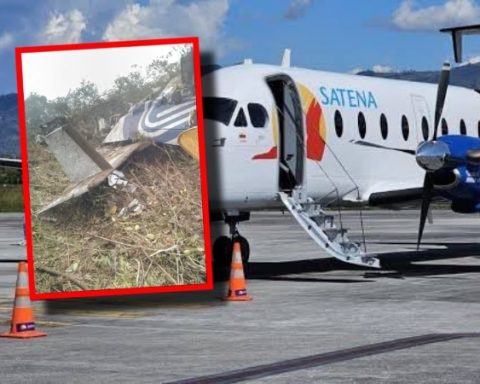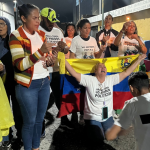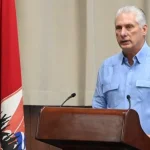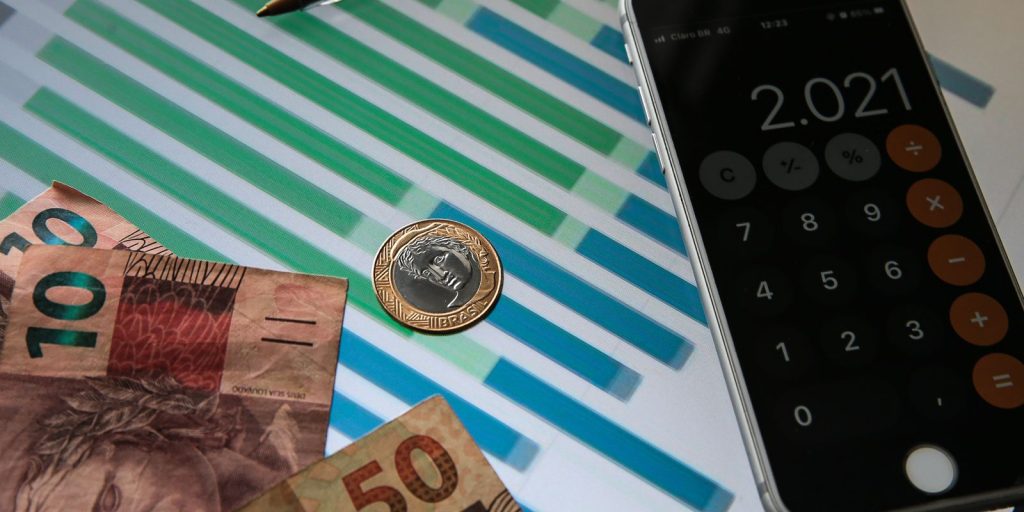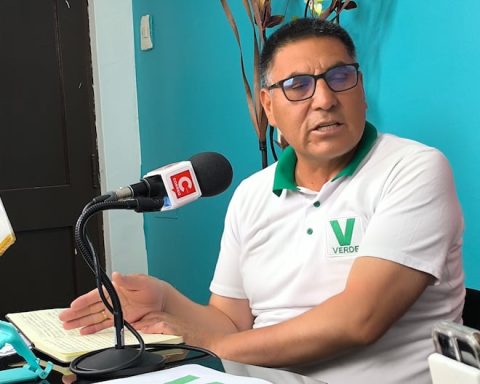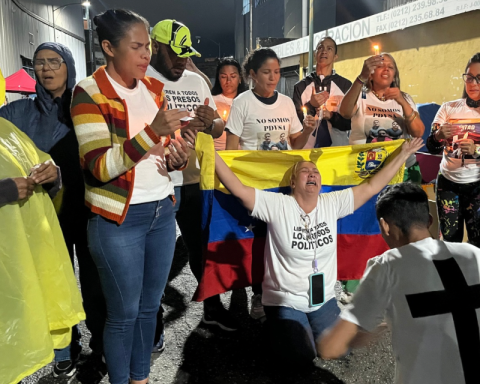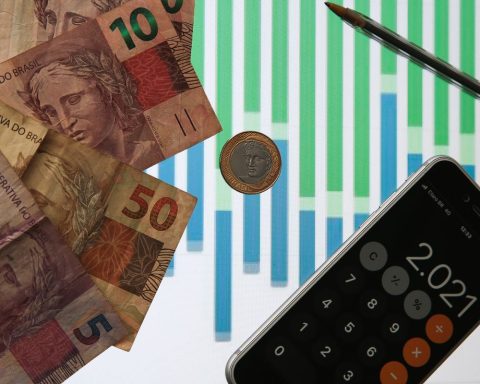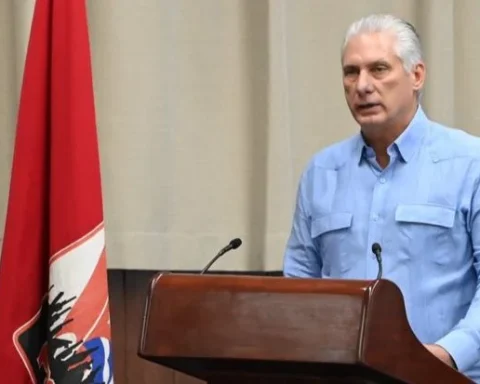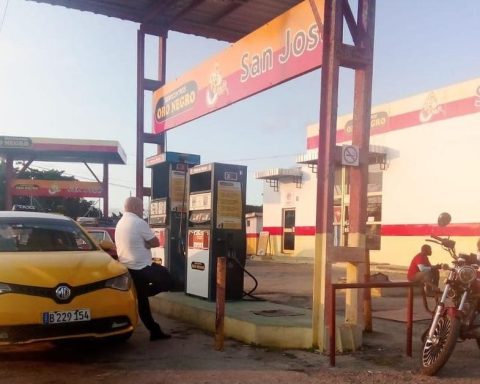tax reform of the government of Gustavo Petro it was already approved. The Congress of the republic He gave his approval to the project. First it was the Senate, on Wednesday, November 2, and then it was the House of Representatives, on Thursday, November 3.
(See: ‘Tax reform will reduce a huge social debt’: Minhacienda).
Both corporations accepted it in their plenary sessions.
That’s the way it is, Now what comes for the initiative to become law?
The next step will be reconciliation. For this process they appoint a team of representatives and another of senators. They meet and see what articles were approved in each chamber and choose which one they send to presidential sanction.
In other words, if the chosen article was the same one that was approved both in the House and in the Senate, it passes immediately. If there is a difference in the article, they must choose one of the two.
(See: Tax must take care not to affect investment, says José Manuel Restrepo).
As for the proposals that sank in one of the two corporations, but were saved in the other, heyou conciliators must decide if he lives or dies definitively.
It is important to clarify that in this process not even a comma of the articles approved in the tax reform.
Reconciliation is scheduled to take place next Tuesday, November 8.
(See: Wink from Congress to tax: this was the achievement for the Government).
Once this phase has been completed, the project will pass to presidential sanction and will become law.
Congress of the republic.
TIME
The reform is distinctive, initially, because it seeks a collection of 20 billion pesos by 2023. Likewise, for some of the progressive proposals that support it.
(See: The achievements of the Petro tax approved by Congress).
Among the modifications that came out of the plenary sessions of the Congress, the the exclusion of bread, both the artisanal and the one that is sold industrially, from the category of taxed ultra-processed foods, as well as with honey, sandwich, milk and wafers.
A change was also approved in article 48, referring to the taxation of companies with digital services with a significant presence in the country, from which online education services and training or distance education services were eliminated.
(See: Guilds still view with concern the tax reform of the Petro Government).
Although there was a wide discussion, the Government managed to pass as it came in the paper issues such as the corporate rental rate (35%) Y taxes on the mining and energy sector, that imply the non-deductibility of royalties and the rent surcharge of up to 10% in the case of coal and 15% in oil.
BRIEFCASE
